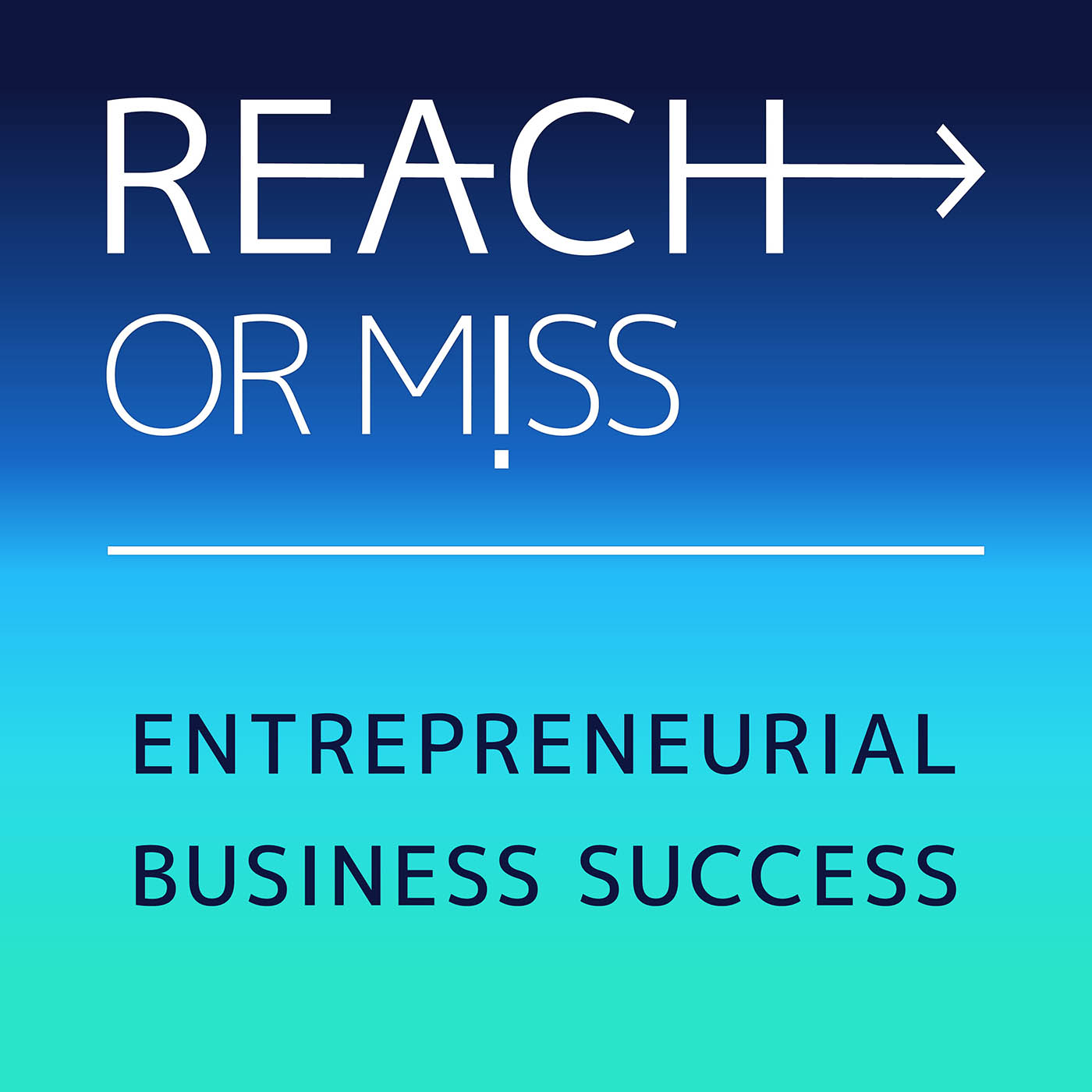Ep. 235 Steven Hoffman: You cant generate demand. Demand is either out there or not. In that case, you should kill the product and move on.

b"
Steve Hoffman (Captain Hoff) has had more careers than cats have lives, from Hollywood TV exec and game designer to manga rewriter, voice actor, animator, electrical engineer, studio head, and video game designer.
Today, he\\u2019s the Captain & CEO of Founders Space, one of the world\\u2019s leading startup accelerators. Founders Space was ranked the #1 incubator for overseas startups by Forbes and Entrepreneur Magazines.
Hoffman is also a venture investor, founder of three venture-backed and two bootstrapped startups, and author of several award-winning books. These include \\u201cMake Elephants Fly\\u201d (published by Hachette), \\u201cSurviving a Startup\\u201d (published by HarperCollins), and \\u201cThe Five Forces\\u201d (published by BenBella).
Most passionate about
- I am most passionate about helping entrepreneurs, not just financially but also in reaching their personal goals, helping them do something meaningful with their lives and actually make an impact on the world.
- I see myself less as a business person and more as a creator.
Steve\\u2019s career and story
- When I was a child, I began making movies. By the time I graduated high school, I had made over 50 movies.
- I made lots of games\\u2014board games, role-playing games. I even programmed computer games. So, I was always creating and I wanted to be a creator.
- I went to college in electrical, computer engineering, but after I graduated, I felt like my creative side was lacking. So I applied to graduate school at the two top films: NYU in New York and USC in Los Angeles.
- I got my graduate degree in film and television, then went off to work in Hollywood. I quickly rose to the position of television development executive at a major TV production company.
- I jumped from Hollywood to the largest game company in the world at the time, which was Sega in Japan. A I began working with them, creating interactive entertainment.
- I launched my career as an entrepreneur. I came back to Silicon Valley, my home, and launched my first gaming startup.
Best advice for entrepreneurs
- A lot of entrepreneurs think they have to have an epiphany, a big idea, or they shouldn't jump in and be an entrepreneur. But my experience has shown me that the idea you begin with doesn't really matter because being an entrepreneur is a journey. And usually, the idea you begin with is wrong. Many entrepreneurs fail because they stick to their original idea. Those who succeed tend to change ideas all the time.
- I tell entrepreneurs: Don\\u2019t go out there with one idea; pick a direction and go out there with many ideas. Then, engage with the customers until you figure out who your customers are and what they need.
The biggest, most critical failure with customers
- I have had a profound failure and that was when I came up with an idea to create character avatars on the internet that people could control and that could walk and talk on any website.
- This idea was so compelling that we had, yes, Disney, and all these entertainment companies, all these singers and entertainment people, flocking to us saying, \\u201cThis is an amazing idea. We want to work with you.\\u201d
- We raised a lot of capital and put this idea out there into the world.
- Then, all of a sudden, we discovered that people would use our application for a while and then leave.
- We had to find that magic key that got people to come back and stay and engage long-term because unless we had them long-term, we couldn't make enough money to acquire more customers. We were battling against this new social network: Facebook.
Biggest success with customers
- One of my biggest successes came very early in my career. It was my first product. The game was called Gazillionaire.
- The role was,..."